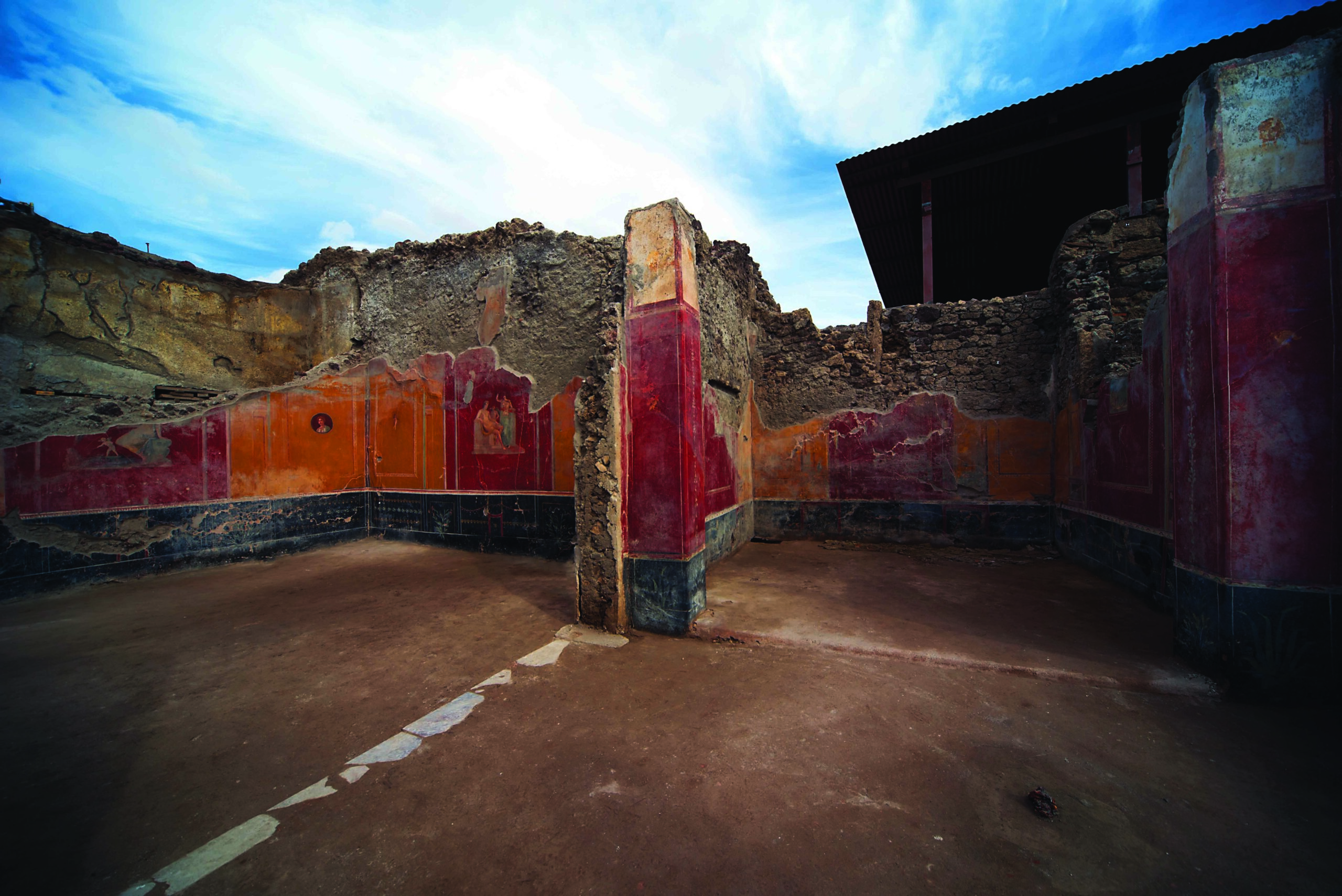KRAKOW, POLAND—A trading post was established in Israel at the site of Tel Erani by members of Egypt’s Nagada culture more than 5,000 years ago, according to a Science in Poland report. Krzysztof Ciałowicz of Jagiellonian University said people living in Upper Egypt in the fourth millennium B.C. imported copper and oil from the Levant in exchange for meat and fish products. Ciałowicz and his colleagues discovered a wall, bread forms, ceramics, and other objects crafted in the Nagada style at Tel Erani underneath a settlement dating to the Early Bronze Age. “We are convinced that we have reached its base,” team member Marcin Czarnowicz said of the ancient wall. “Importantly, we were able to confirm the date of construction of this structure. We now know that it is over 5,300 years old.” Future excavations at the site will try to determine the extent of the structure, and locate the kiln where the ceramics were fired. To read about clay tablets from a Bronze Age site in Turkey that provide evidence for the earliest long-distance trade network, go to "The Mesopotamian Merchant Files."
5,000-Year-Old Egyptian Settlement Uncovered in Israel
News September 11, 2019
Recommended Articles
Features September/October 2024
The People Before the Book
A trove of papyri unearthed on the Egyptian island of Elephantine gives voice to an early Jewish community
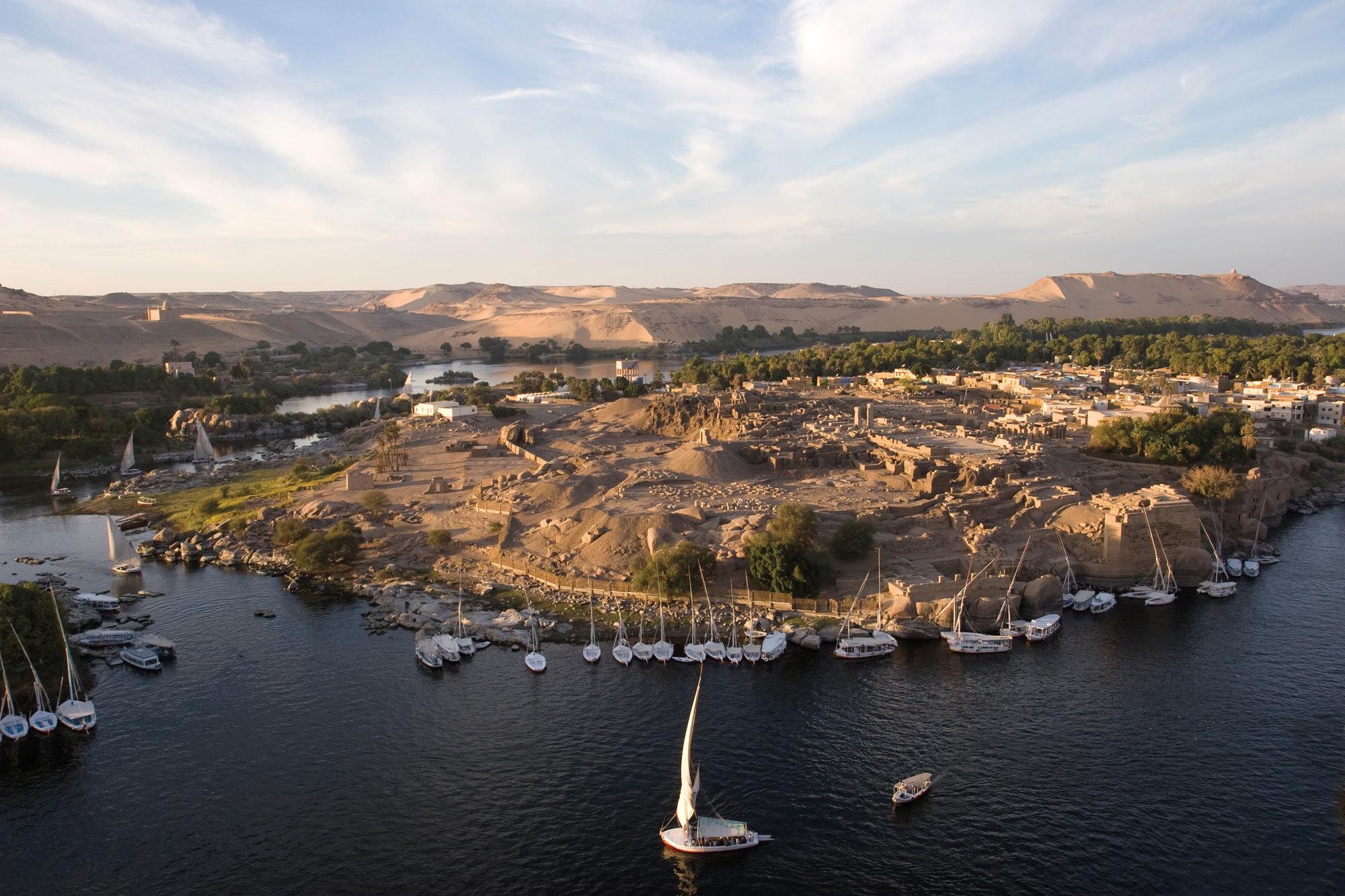
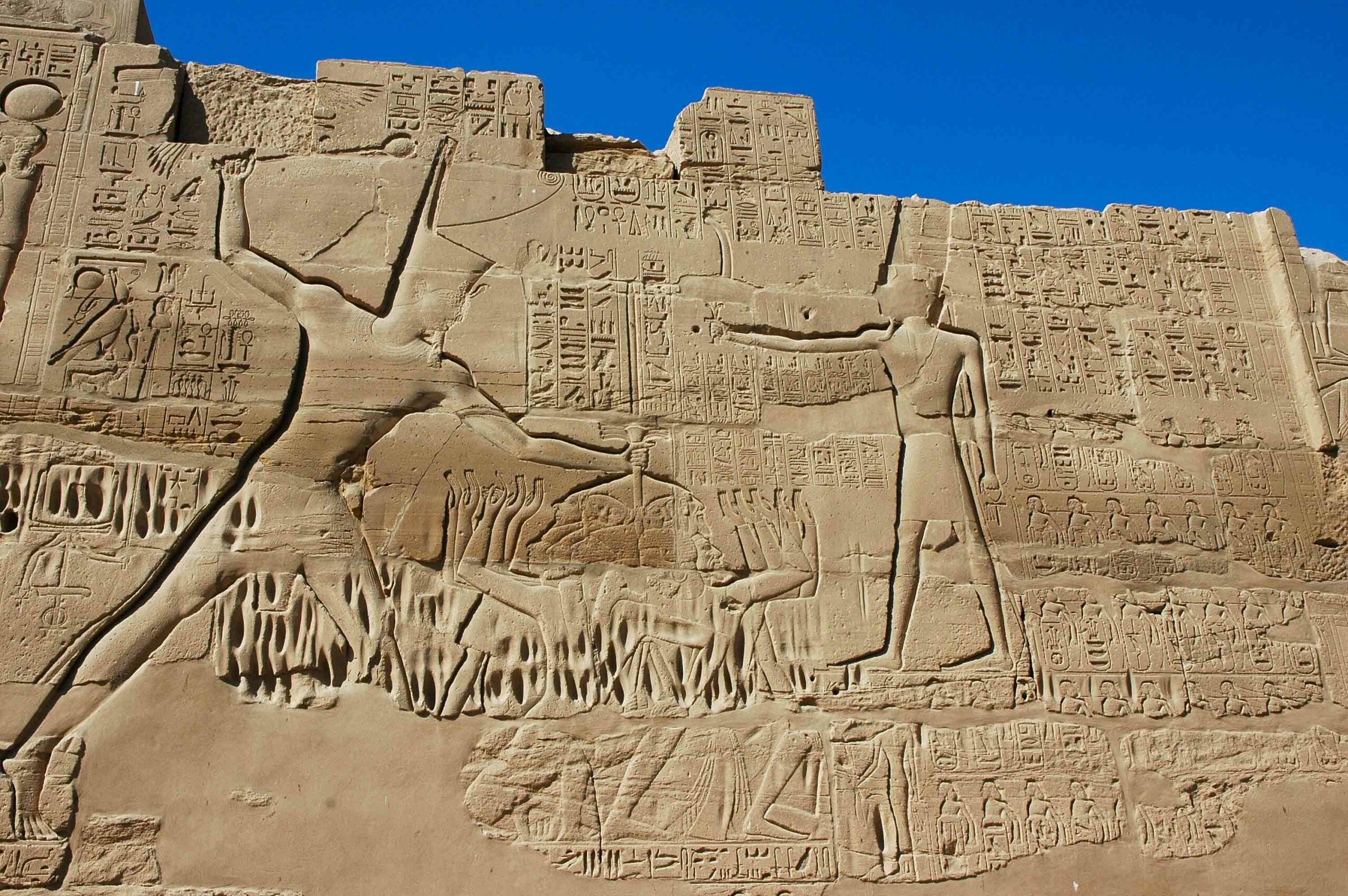
Features January/February 2026
The Birds of Amarna
An Egyptian princess seeks sanctuary in her private palace
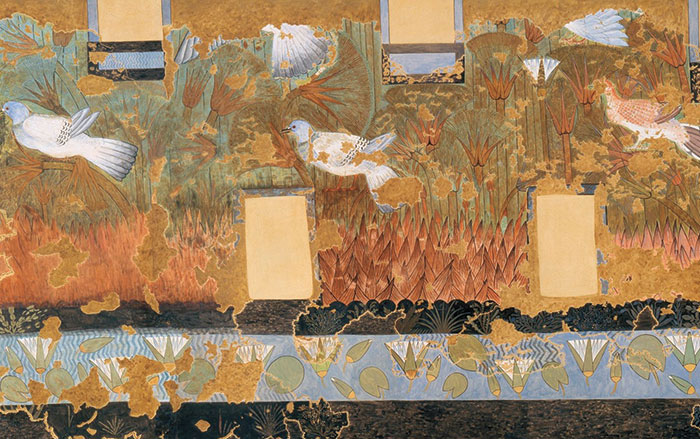
Digs & Discoveries January/February 2026
Stop, Tomb Thief!
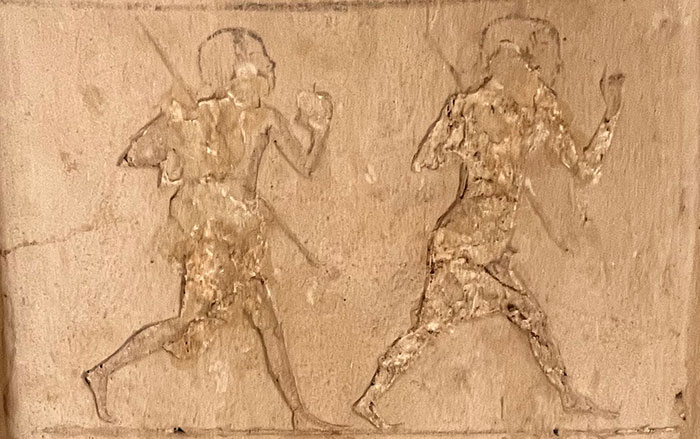
-
Features July/August 2019
Place of the Loyal Samurai
On the beaches and in the caves of a small Micronesian island, archaeologists have identified evocative evidence of one of WWII’s most brutal battles
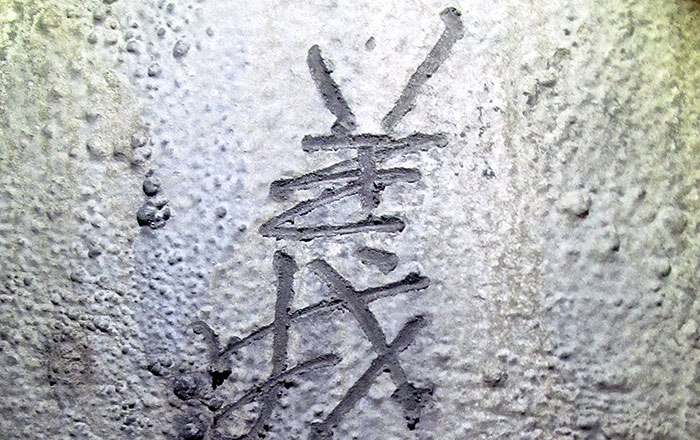 (Courtesy Neil Price)
(Courtesy Neil Price) -
Letter from England July/August 2019
Building a Road Through History
6,000 years of life on the Cambridgeshire landscape has been revealed by a massive infrastructure project
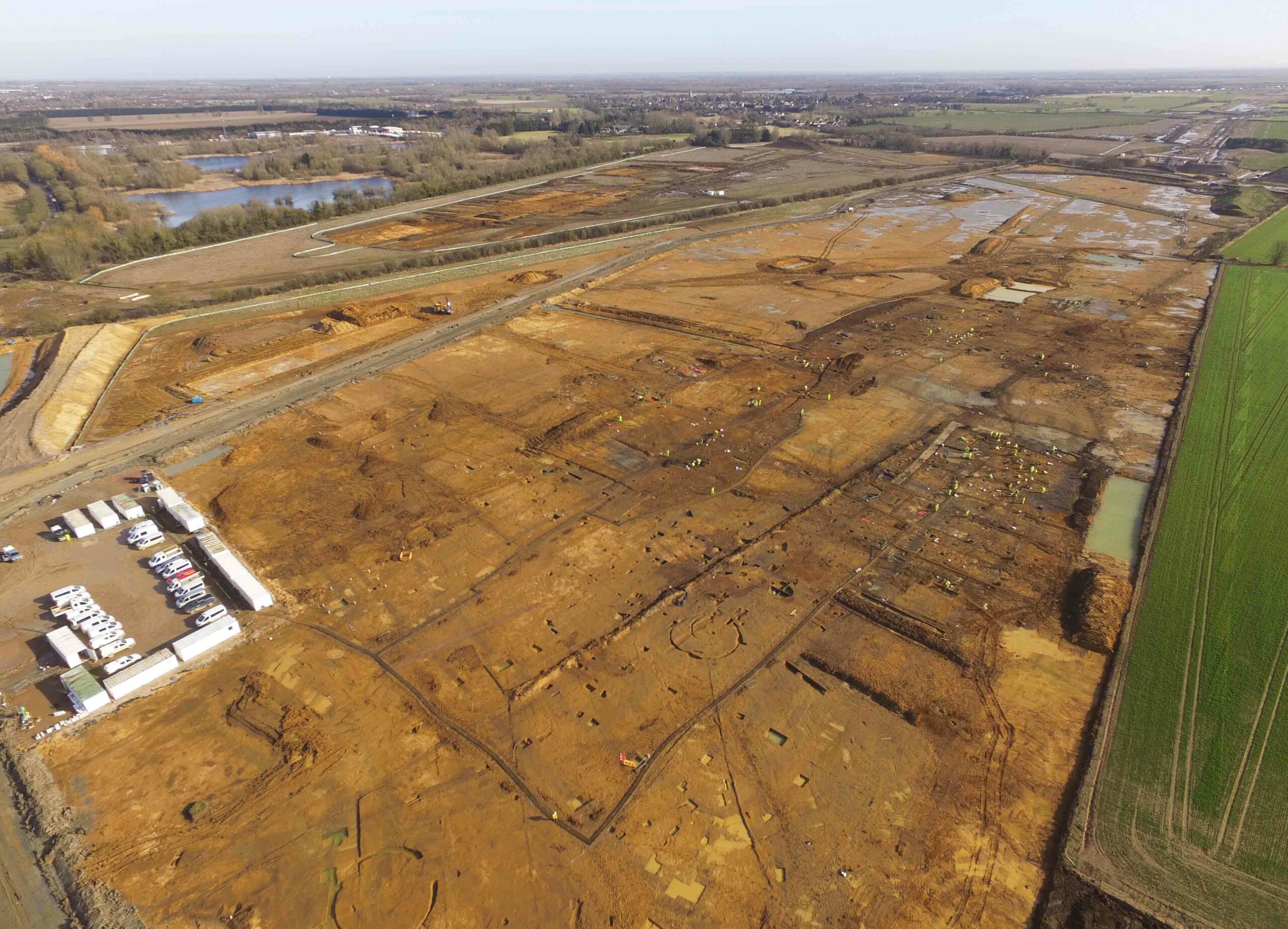 (Highways England, courtesy of MOLA Headland Infrastructure)
(Highways England, courtesy of MOLA Headland Infrastructure) -
Artifacts July/August 2019
Bronze Age Beads
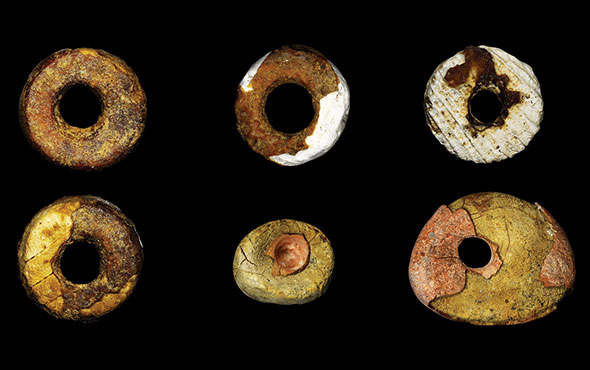 (Courtesy Carlos Odriozola)
(Courtesy Carlos Odriozola) -
Digs & Discoveries July/August 2019
You Say What You Eat
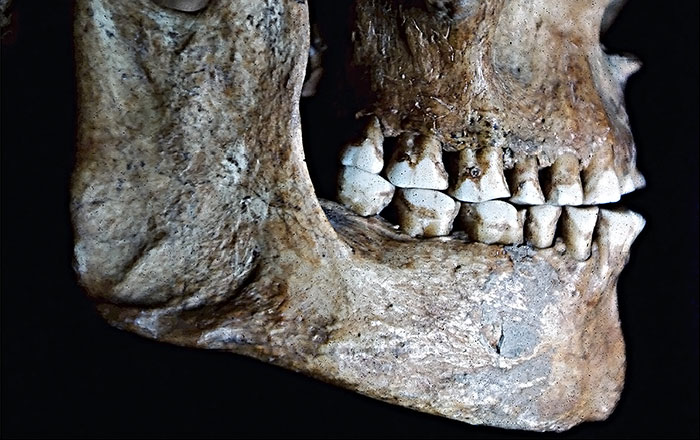 (Courtesy David Frayer, University of Kansas)
(Courtesy David Frayer, University of Kansas)


